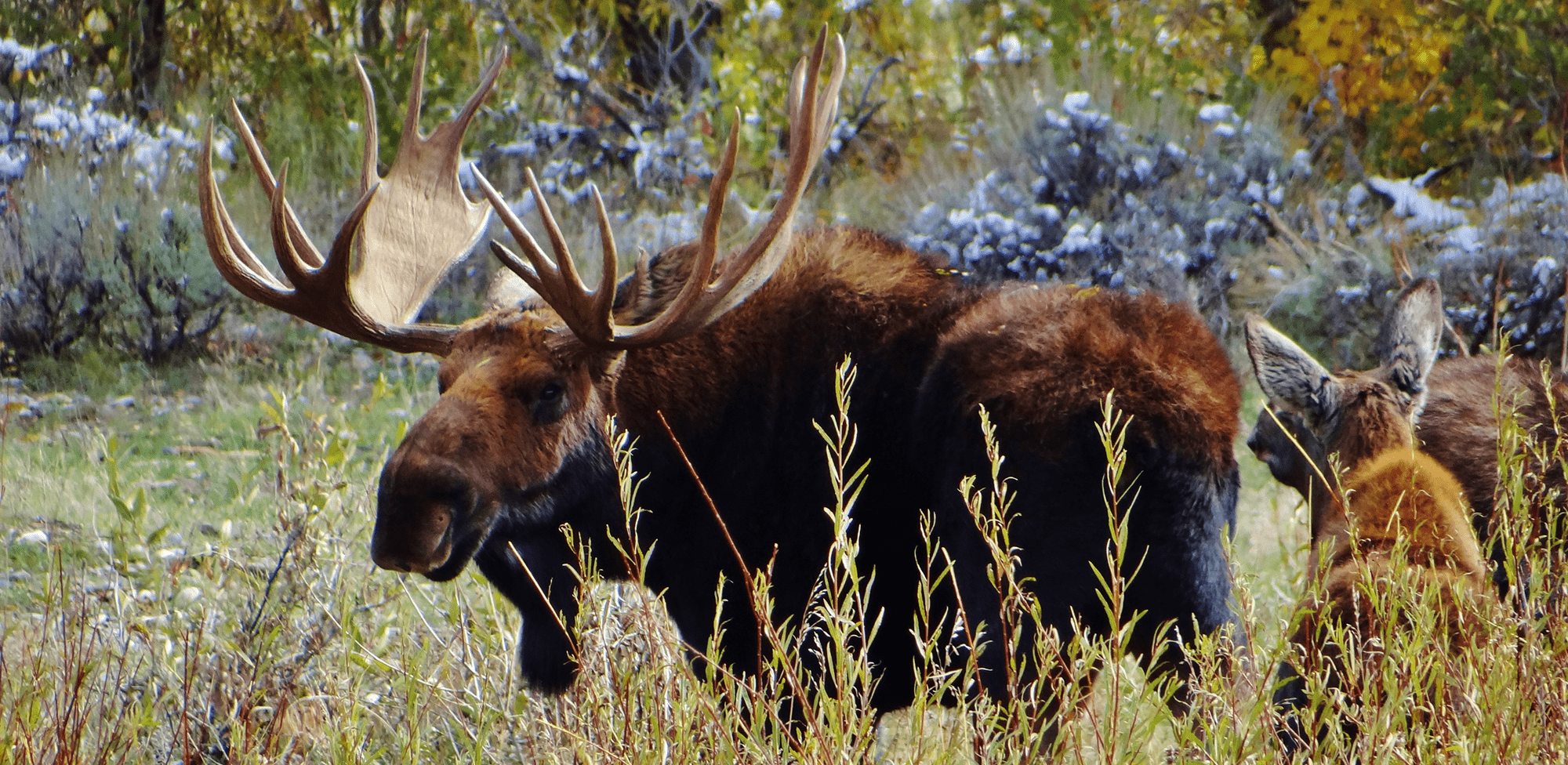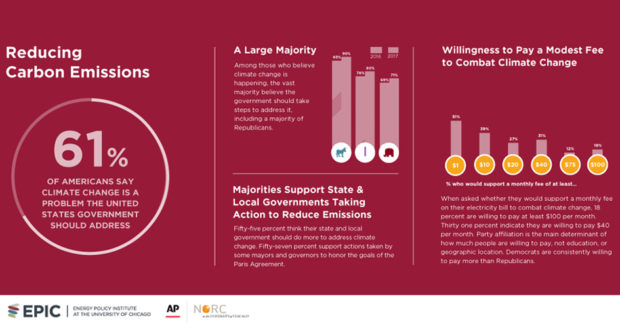We have much more to do and your continued support is needed now more than ever.
A Silver Lining for Conservationists in 2017 — We’re Winning The War of Ideas

It hasn’t exactly been a banner year for conservation. The Paris Climate Agreement had two out of three remaining holdouts, Syria and Nicaragua, sign the accord — leaving the U.S. as the only country uncommitted to fighting climate change. The Trump Administration has said that coal is back despite all evidence to the contrary and skepticism that the coal jobs they claim to have created may not exist. The republican tax bill plans to open up the Arctic National Wildlife Refuge to drilling despite massive opposition from the public and indigenous groups. And the Trump Administration is seeing if they can get away with using the Antiquities Act to downsize Bears Ears and Grand Staircase-Escalante National Monuments so they can open the land to industrial extraction.
But conservationists can take a deep breath. If the past year has illustrated anything, it’s that American politics can change. Fast. While conservationists may not have won many environmental battles this year, they can take solace in the fact that they are winning the war of ideas.

- Yale University is constantly polling Americans on climate change issues. The good news is that 58% of Americans believe that climate change is caused by humans in a national survey. They also noted that this is the highest level they have measured with their surveys since they began nine years ago. A similar Gallup poll found that Americans who are worried about global warming hit a three-decade high in 2017. Americans are becoming more concerned about climate change and its effects on the planet and they are taking the threat more seriously than ever.
- A Quinnipiac poll found that 79% of young Americans (under 35) disapprove of Trump’s attacks on the Environmental Protection Agency (EPA) and the rollbacks of clean air, clean water, and climate regulations.
- Young Americans are keeping up with the rollbacks to environmental protections and they are becoming a powerful force in the electorate. Experts estimate that the 2020 election will be the first election where millennial voters will represent a larger portion of the electorate than baby boomers — who have remained the largest voting generation since 1978. Climate change will most likely become a growing issue during election cycles in the future.
- Science and climate change supporters went on the offensive this year. The People’s Climate March in April saw an estimated 150,000 to 200,000 protesters in Washington D.C. alone, with many other marches across the country also drawing thousands of people of their own. By bringing climate issues to the forefront, it will be harder and harder for politicians to avoid engaging on climate change issues.
- After Hurricanes Harvey and Irma hit this summer, scientists noted the link between climate change and the increasing power and frequency of major storms. The good news is that pollsters found that people also saw the link and believed it. A poll conducted by the Washington Post and ABC News found that 55% of Americans recognized climate change was to blame for the severity of hurricanes. This is in sharp contrast to the responses they received in 2006 in the wake of Hurricane Katrina, where only 39% of those polled thought climate change was to blame. The amount of people actively recognizing the effect climate change is already having is growing.
- Americans aren’t just worried about climate change. They’re also becoming more focused on solutions. A University of Chicago and Associated Press NORC Center for Public Affairs poll found that 61% of Americans think the U.S. government should address climate change. Although the Trump administration claims to speak for the people in withdrawing from the Paris Agreement, a majority of Americans consistently say they want the government addressing climate change.
After state and local governments stepped in to do their part to honor the U.S. goals under the Paris Agreement, 57% said they supported the actions these local officials. The poll also found that,
“among those who believe climate change is happening, the vast majority believe the government should take steps to address it, including a majority of Republicans.”
Although the media regularly inflates the vocal opponents of climate change and disreputable critics of the science behind it, it appears that the issue is much less polarized among real Americans when polled.






















